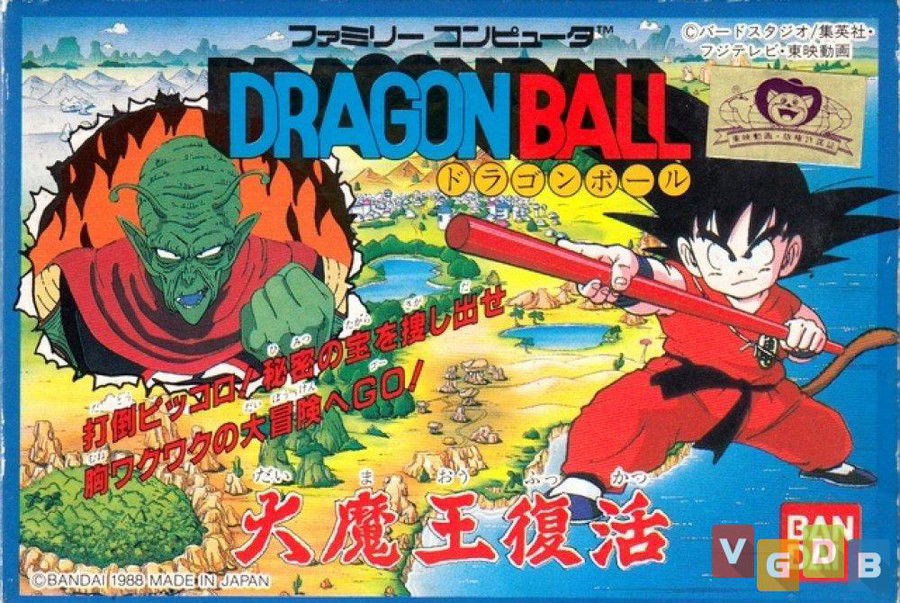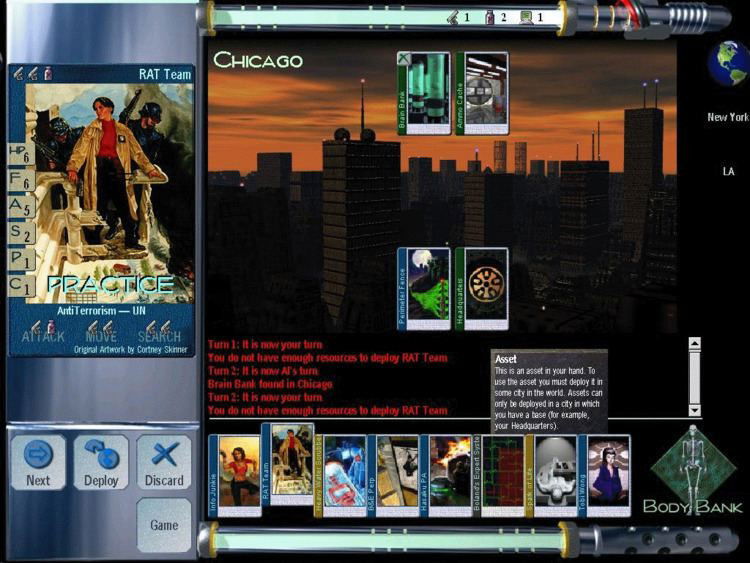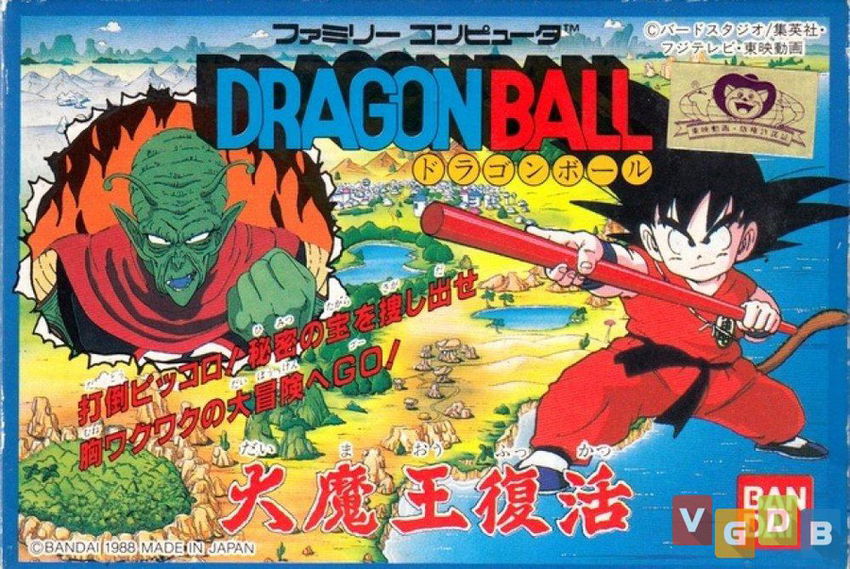Video games that are based on collectable card games are a popular game genre today but using elements of card battling or deck-building to move from one game level to the other hasn’t been a feature of card games for long.
Popularity of card games didn't become as popular as online slots immediately -- it took time for the genre to develop. But today, video games that feature microcard games have become an accepted type of gameplay within strategy games, real-time RPG, shooters, multiplayer, action-adventure, simulation, puzzle and other video games.
What were some of the early video games that included card minigames as an integral part of the gameplay?
Dragon Ball: Daimao Fukkatsu

Dragon Ball: Daimao Fukkatsu, developed by Bandai and released in 1989, is a RPG game that follows the original Dragon Ball. Players aim to keep their character stronger than their enemies while avoiding dying. Map-making is also a central component of this game.
Hero Gokuu matches wits against the Devil (named Piccolo) while beating up enemies, saving friends and saving friend Kuririn’s soul. High points include an innovative set-up for moving and fighting with 5 cards, each of which features a number from one to seven along with the Japanese symbols for one to seven – the top number is for the offense and the bottom number is for the defense. The cards indicate the number of spaces that you can move and also bolster your ability to attack and defend.
The Dragon Ball: Daimao Fukkatsu’ s graphics which displayed during pseudo-cinematic attack scenes that occured during the rounds of the fights, were commendable. The plot was tight and focused. Players during this era found that the card system could frustrate because only the person with the higher attack rating got to attack. It was also way to easy to get killed which would end the game there and then.
For a game where you got experience and beat enemies while leveling up, the game was about as original as possible during that era.
Arcana
The 1992 Arcana is another RPG, this one produced by HAL Laboratory. In this game, all of the characters are represented as cards but it’s not really a card-based game – more like a dungeon-crawling role-playing game. When a character died the card would be displayed as “torn”.
Arcana cards would explain the magical properties of the game’s characters. Towns and dungeons are navigated from the viewpoint of the characters. Battles within the game display the protagonist characters around the perimeter of the screen as they are portrayed in the first person. As fits video games of the era, characters’ animations are limited to five frames. The biggest challenge of the game are the dungeons which the characters navigate in four possible directions, coming up against hidden dangers and dead ends at various points.
Characters battle in one of several ways and each character has his or her own options for doing battle. Some characters can flee, switch Elemental spirits or use magical card spells. Experience Points and Gold follow successful battles in which the four elemental spirits – Sylph (wind), Efrite (fire), Marid (water) and Dao (Earth) rotate. Cards are torn when characters die. Rooks is the story’s hero and the last surviving card master. Only Rooks can use magical Cards in battle. Other characters include Ariel, Teefa, Galneon, Salah, Darwin and Axs.
Arcana was generally seen as having a plodding pace despite imaginative first-person perspective but many fans of card-based games return to this game to experience classic card microgaming.
Chron X
Chron X was the first card-based strategy video game. The game’s storyline revolved around Chron X, a prophetic epoch that people living on earth in the 22nd century watch warily as they anticipate the beginning of the end. Elements of Risk, Chaos and Shadowrun overlords gather in a cyberpunk setting as players take the role of commanders focused on recruiting and commanding an elite team of operatives to protect territories, gather scarce resources and obliterate enemies.

There are five types of game cards which include bases that provide resources, computer programs, operatives that attack rivals and defend against enemies, weapons and interventions. Each card is associated with an affiliation – the former United States, the Corporation, the NoNames, the United Nations or the Monastery. Some affiliation cards can enhance abilities. Players amass resource points which allow them to take actions in America, Europe or Asia.
In a nod to multiplayer gameplay, players can trade cards securely with other registered players. Everyone has a completely different deck but you can build and compete with decks only using the cards that you own. Chat rooms allow players to connect to others who are interested in trading cards or playing a game.
Chron X is available as a free downloadable file and the download gets you 60 cards, an offline AI opponent, an electronic manual and the game engine along with access to the Chron X server where you can find other gamers with whom to compete. Once you register you’ll receive more cards. The game was well-received thanks to an intriguing storyline, solid strategy card gameplay and stunning artwork.












— 코멘트 0
, 반응 1
첫 댓글을 남겨보세요